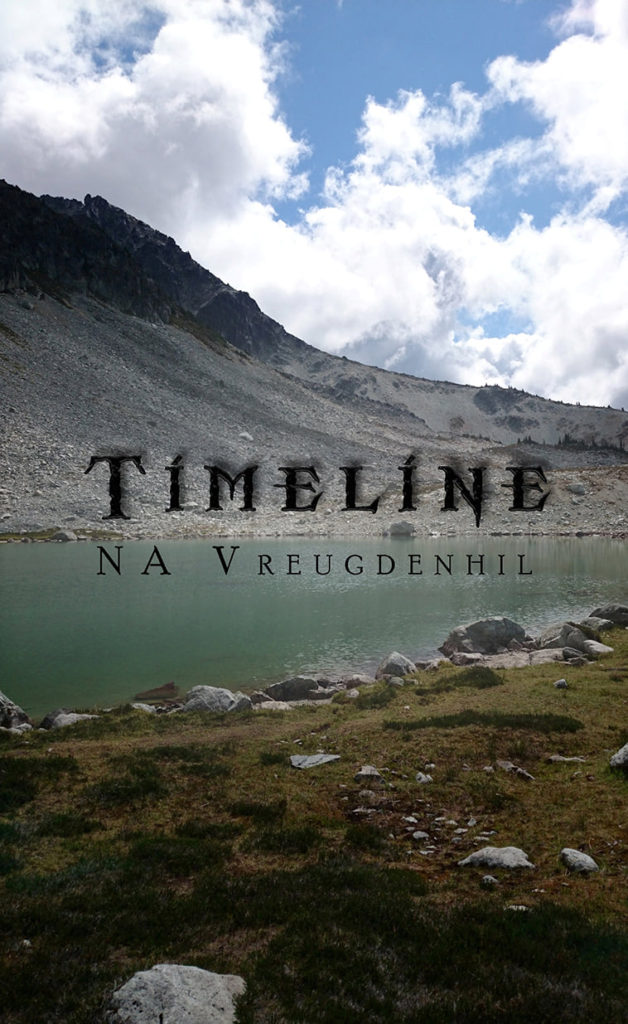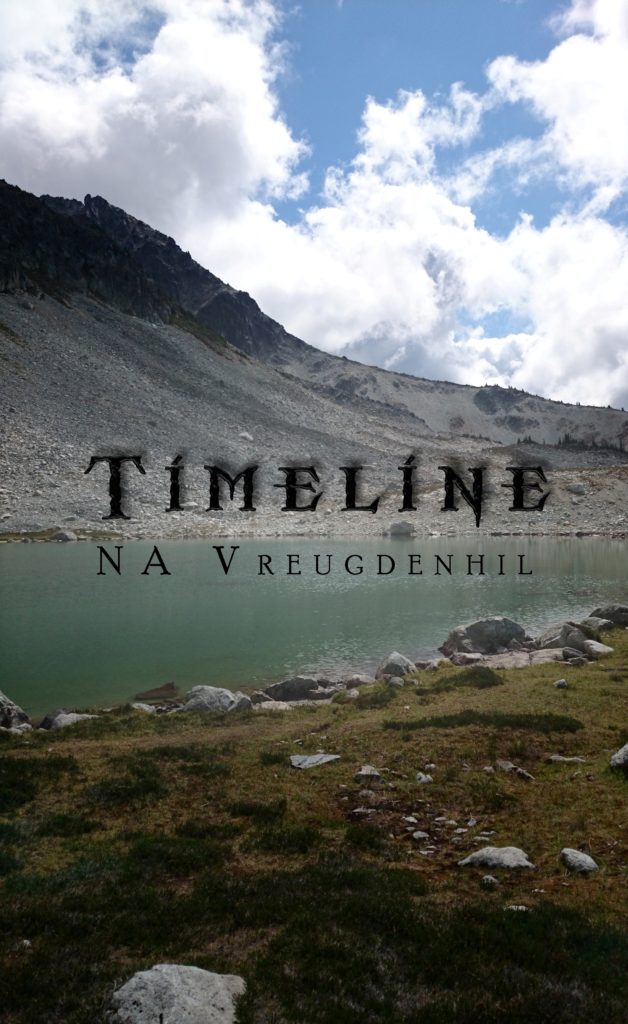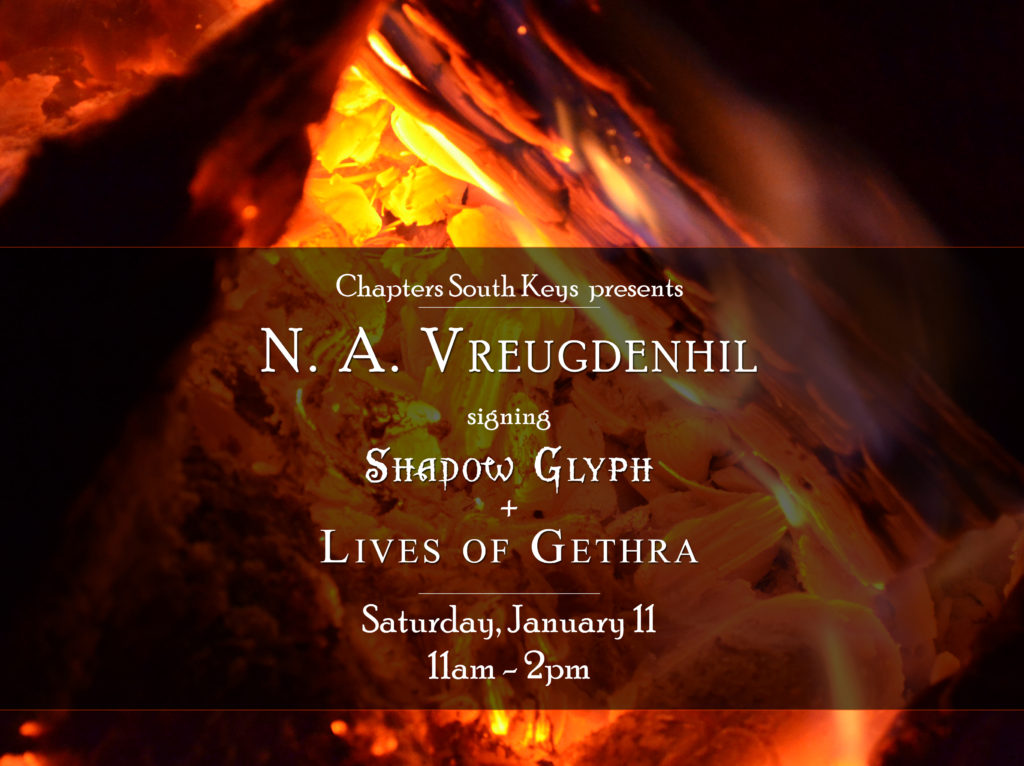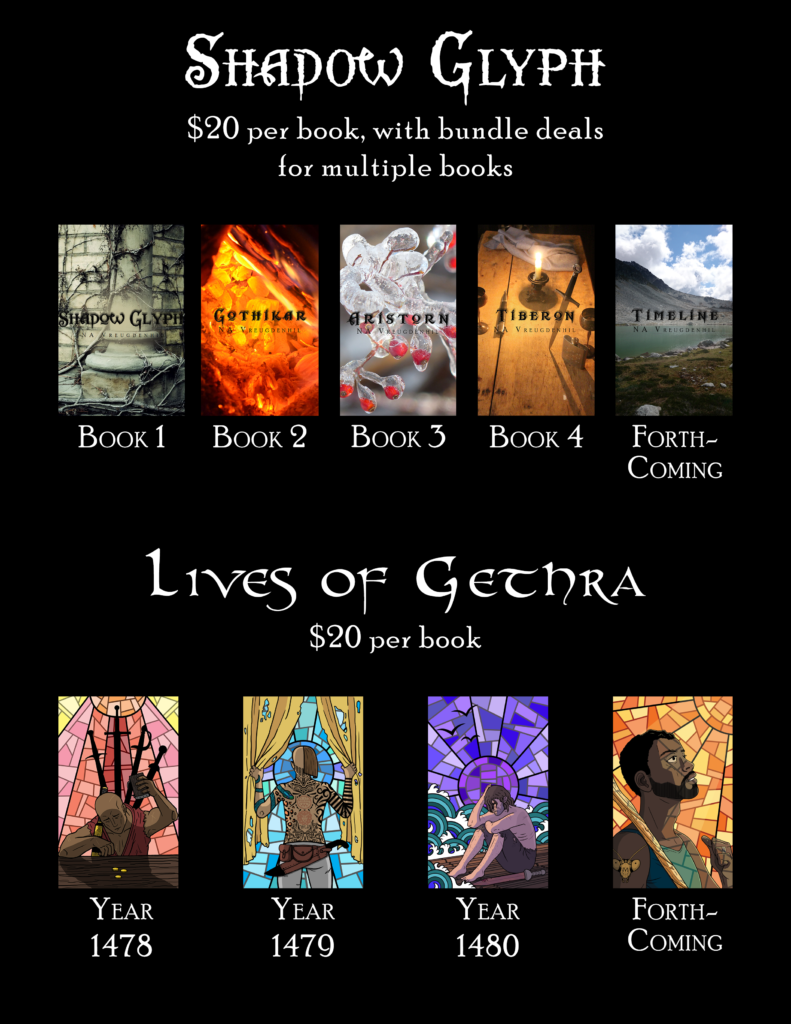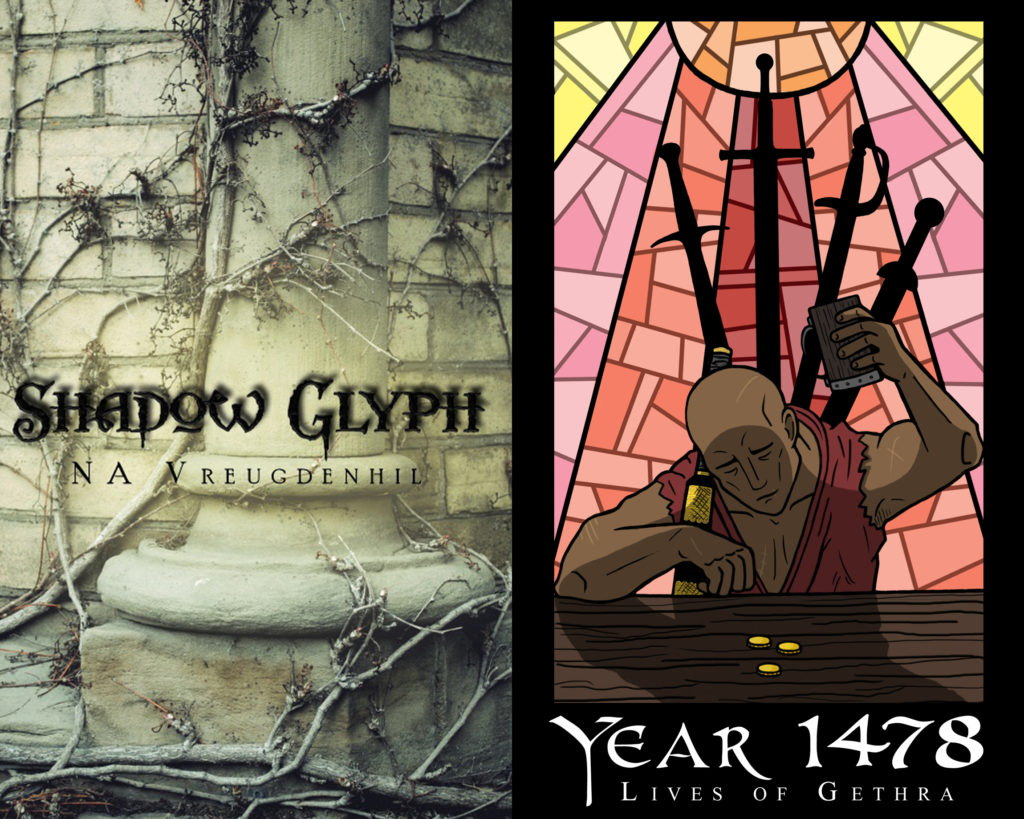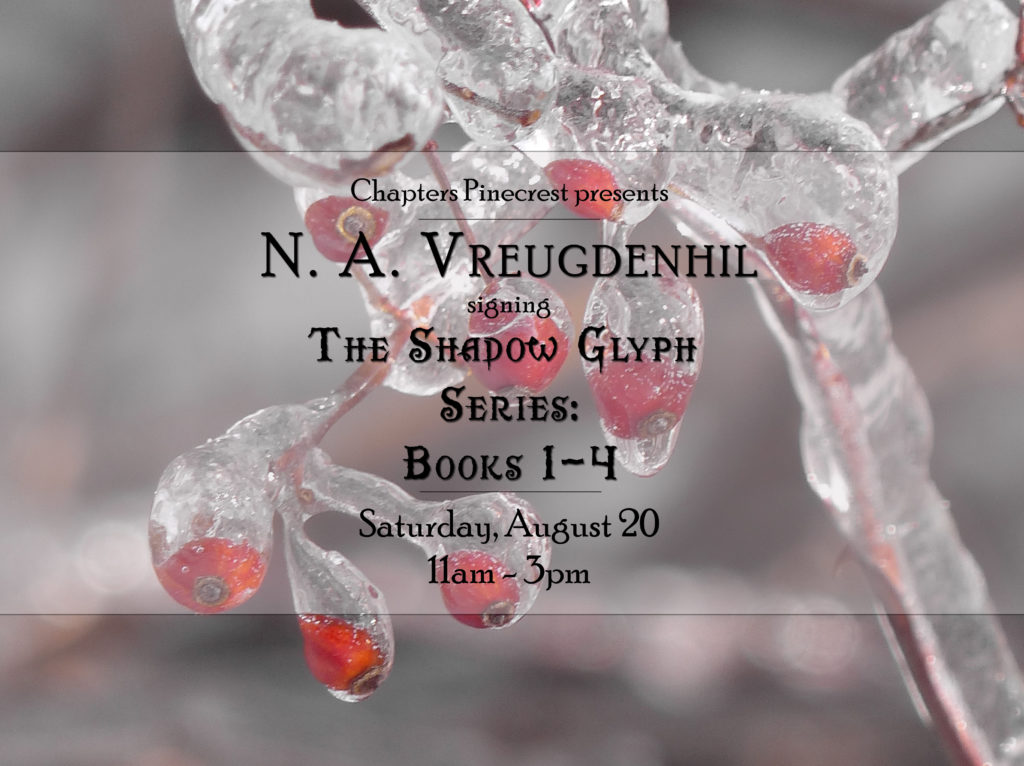Here’s the first of a few blog posts for my new web series Lives of Gethra!
To introduce these posts, the focus will be interpreting and exploring writing insights brought about by the experimental writing process behind that web series. If you haven’t read anything about it, check out that website’s Author’s Note page or read on to glean what impression you may.
Lives of Gethra has taught me a lot about writing. It’s real-time connectivity forces me to write on it nearly daily. I feel that it is training me to be a better writer, to get inspired with unique prompts I don’t often choose, and to publish things in a timely, efficient fashion. I expected this, and I haven’t been disappointed. On the other hand, I’ve been quiet surprised by many aspects of the ongoing project. Today, I’m going to write about characterization.
In the world of Gethra, the main characters range from high status to low status (two concurrent point-of-view characters right now include a Queen of a sprawling city-state and a hunter for a primitive island tribe). This is determined by Lives’ double-edged sword: circumstances and choices, both of which are outside of my control and cut me both ways, forcing me to keep up with stories I can’t always predict. There’s something more to a well written character however: personality. This is reflected in those choices, but it’s important to note that the “author” has an idea of a character’s personality without any of their actions being revealed or even decided yet.
And this is where Lives of Gethra gets super interesting to me, both as a writer and a surprised reader! This is the first time in all of my writing over the years that I am not imagining a character’s personality myself. It’s quite difficult to remain unbiased and not fill in the blanks (but it’s hard to do that with real people too–you know what they say about “assuming”), but, like any writer, I strive to avoid prejudice. In Lives, the real-life people behind each character are those personalities. They determine the character’s choices, and by extension, their circumstances. They may take actions that don’t fit with prior actions, because personalities are so much more angular and unknowable and gigantic than characters are. A good author labours to include such ‘character twists’ in their stories, but something designed is always a shade less believable than something natural. As a writer, I’m astounded by how difficult, but also how rewarding, it is to allow such a wide range of personalities into one of my works. Currently, there are characters more passive or more idealistic than any I’d choose to write about in a plot-driven, narrative arc-ed, story. I hope it brings the tapestry of Gethra to life in a way very few stories are, but I hope that as a childishly-excited artist.
I hope this sparks an internal analysis of characterization and personalities in stories for you, whether you’re an author, an artist, or just someone stumbling upon these thoughts. In any case, I cannot wait to introduce the next personality into Gethra’s quickly developing world.
